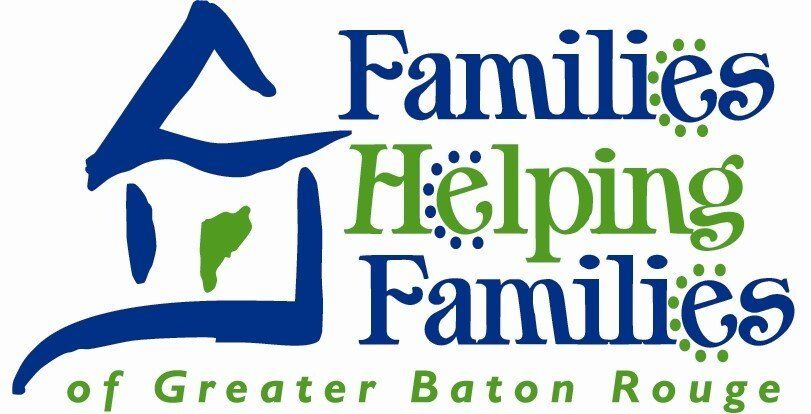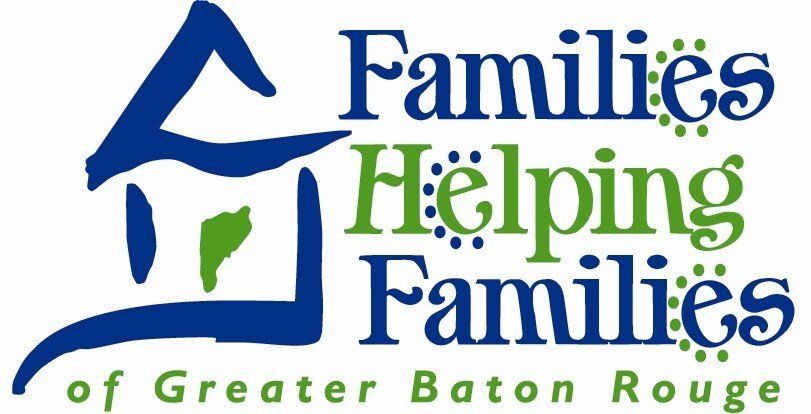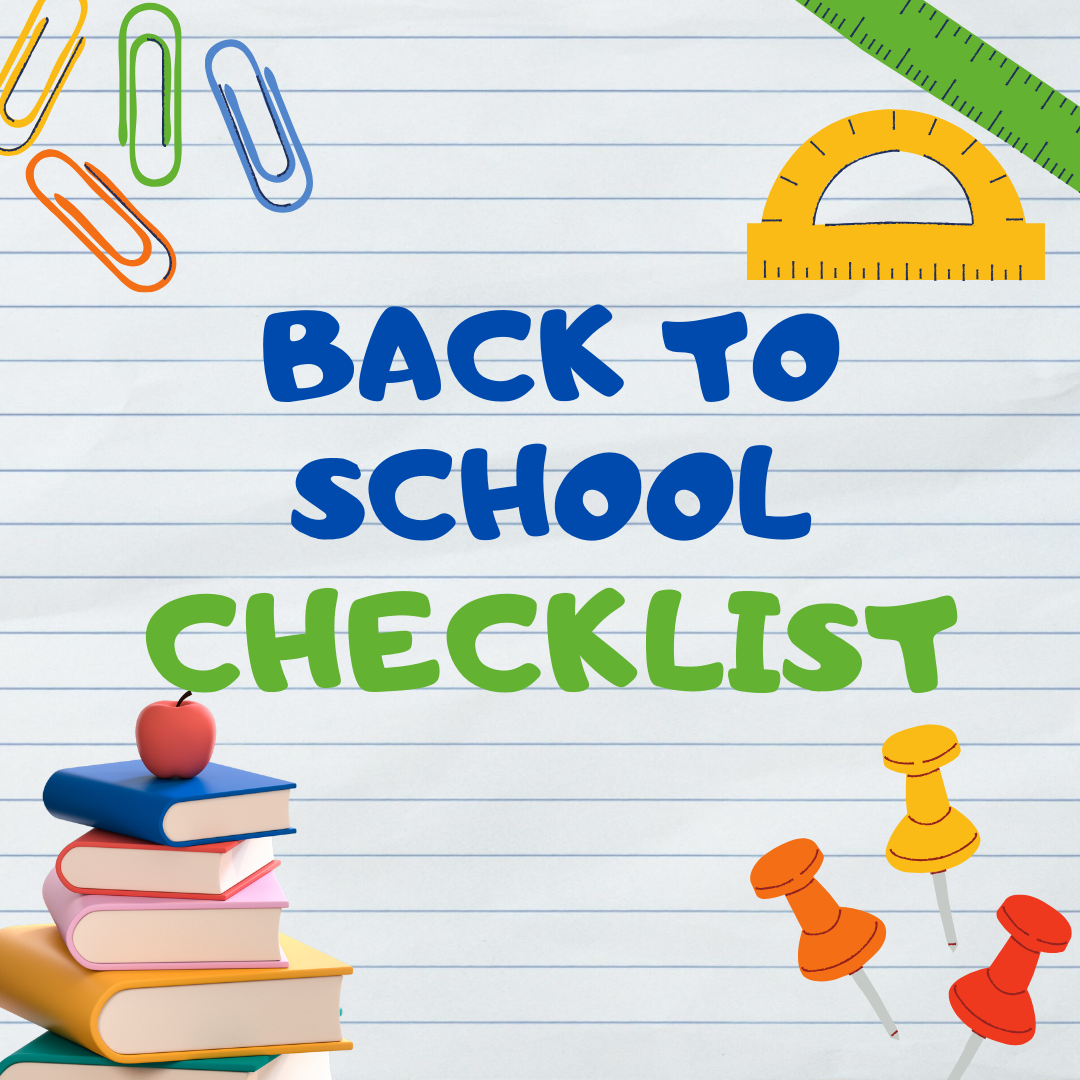Inclusive Post Secondary Education in Louisiana
In Louisiana, as in many other states, there has been a growing effort to provide inclusive postsecondary education opportunities for students with intellectual and developmental disabilities. These programs are designed to offer these students a college experience and help them develop academic, vocational, and social skills as they prepare to become contributing members of society.
Louisiana Alliance of Inclusive Postsecondary Education (LAPIE) was formed in 2019 as the result of funding from the Louisiana Developmental Disabilities Council awarded to Southeastern Louisiana University. The primary goal of LAPIE was to increase the number of inclusive postsecondary programs at institutions of higher education (IHE). In 2019, there were three 4-year universities and two 2-year community colleges offering programs representing only seven percent of the public IHE in Louisiana. At this time these programs had an approximately 47% acceptance rate due to limited spaces at each program.
Act 682 of the 2022 Regular Legislative Session created the Postsecondary Inclusive Education Fund and the Postsecondary Inclusive Education Advisory Council. The Council was established under the jurisdiction of the Board of Regents for the purpose of advising the Board with respect to inclusive programs for students with intellectual or developmental disabilities and methods to fund ($1 million) and expand inclusive programs in Louisiana. During the 2023 Regular Legislative Session, an additional $1 million was added to PIEF. All five existing programs received enhancement grants and four IHE received funding to start new programs. Currently, Louisiana has 9 IHEs offering inclusive postsecondary education for students with intellectual and developmental disabilities representing 14% of the public IHE in Louisiana.
Here are some key points about inclusive postsecondary education programs in Louisiana:
1. Think College Initiative: Louisiana is part of the national Think College initiative, which promotes postsecondary education for students with intellectual and developmental disabilities. Think College provides resources, training, and technical assistance to colleges and universities to help them create inclusive programs.
2. Participating Institutions: Several colleges and universities in Louisiana have established inclusive postsecondary education programs. These institutions may offer different types of programs and services for students with intellectual disabilities: Baton Rouge Community College, Bossier Parish Community College, Nicholls State University, Louisiana State University-Alexandria & Main Campus, Southern University in New Orleans, Southeastern Louisiana University, University of Louisiana at Lafayette and Monroe.
3. Program Components: Inclusive postsecondary education programs typically include the following components:
· Academic Courses: Students with intellectual disabilities have the opportunity to audit or enroll in regular college courses. These courses may be modified to suit the students' needs and interests.
· Career and Vocational Training: Many programs offer vocational training and internships to help students develop job skills and gain real-world work experience.
· Social and Life Skills: Students receive support and training in areas like communication, social interaction, and independent living skills.
· Peer Mentorship: Some programs pair students with intellectual disabilities with peer mentors who provide academic and social support.
· Individualized Plans: Each student typically has an individualized plan that outlines their goals and the services and accommodations they will receive.
4. Funding: Funding for these programs may come from various sources, including federal grants, state funds, and tuition paid by students and their families. The Louisiana Rehabilitation Services (LRS) agency may also provide support for eligible students.
5. Transition Services: Inclusive postsecondary education programs often serve as a bridge between high school and adulthood for students with intellectual disabilities. They help students transition from the school system to the workforce and independent living.
6. Outcomes: The success of these programs is often measured by the students' academic progress, employment rates, and their ability to live more independently after completing the program. In 2022, 83 individuals with disabilities had completed their programs with 75% gaining competitive employment.
7. Advocacy and Support: Families, advocacy groups, and disability service organizations in Louisiana play a crucial role in advocating for the expansion and improvement of inclusive postsecondary education programs in the state.
To get more specific and up-to-date information on inclusive postsecondary education programs in Louisiana, including program availability, admission criteria, and services offered or to start a new program, please visit Board of Regents Website, LAPIE Website, or LAPIEalliance@southeastern.edu.
Dr. Gerlinde Beckers, Professor
LAPIE, Facilitator
Watch this video of Louisiana Alliance of Inclusive Postsecondary Education.







